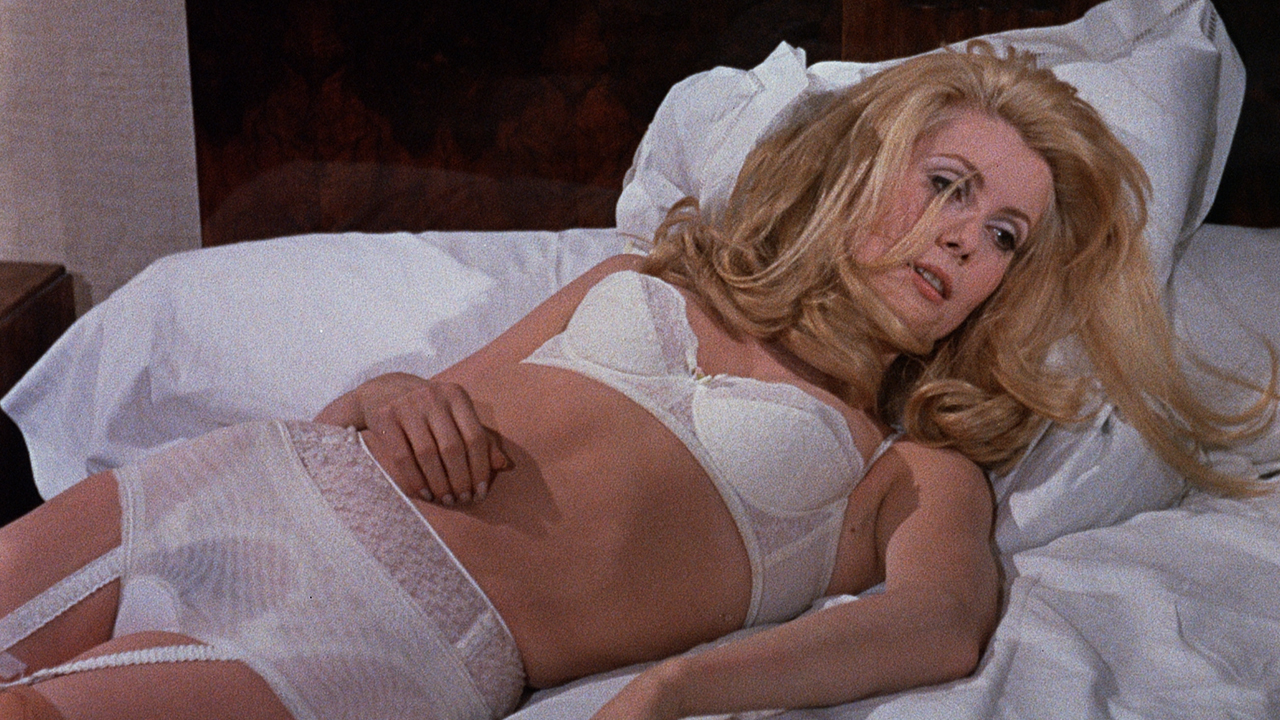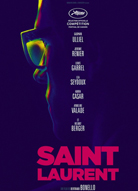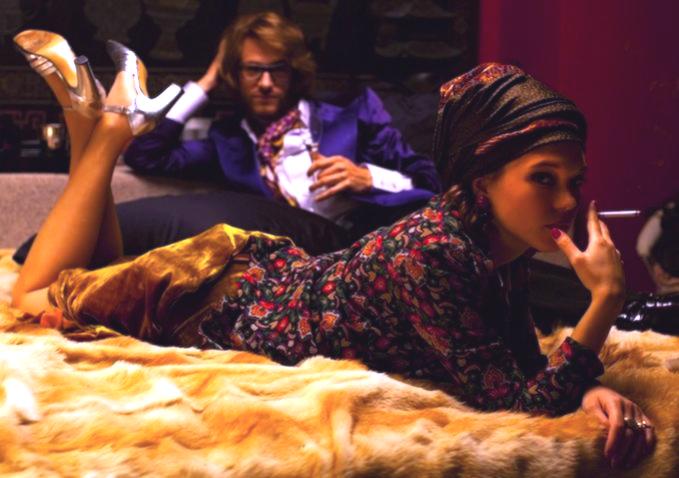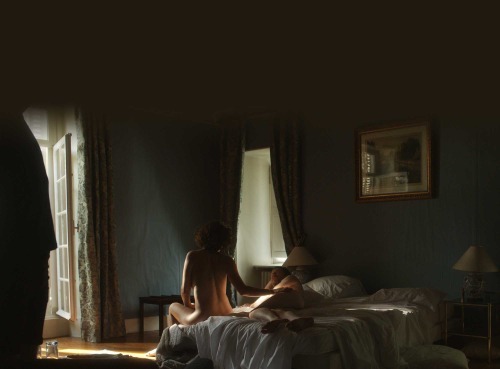The Animated Feature contenders: Minuscule - Valley of the Lost Ants
 Friday, December 26, 2014 at 4:43PM
Friday, December 26, 2014 at 4:43PM 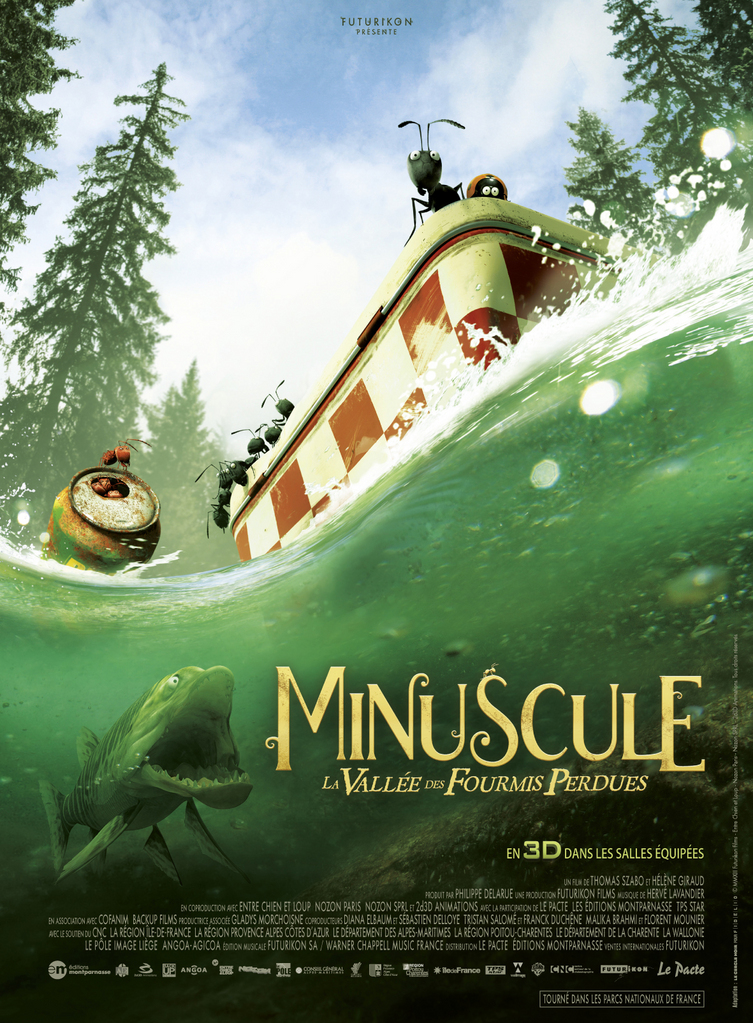 Tim here. Our journey through the list of films submitted for the Best Animated Feature Oscar now takes us to France and Belgium and the utterly beguiling children’s film Minuscule: Valley of the Lost Ants. Cumbersome title notwithstanding, it’s a light and breezy little lark, with a simple fairy tale-esque story so elemental in its particulars – an infant ladybug separated from her parents falls in with a colony of black ants and helps them in their war against aggressive red ants - that the movie can get away without having a single word of dialogue to be found anywhere in its running time.
Tim here. Our journey through the list of films submitted for the Best Animated Feature Oscar now takes us to France and Belgium and the utterly beguiling children’s film Minuscule: Valley of the Lost Ants. Cumbersome title notwithstanding, it’s a light and breezy little lark, with a simple fairy tale-esque story so elemental in its particulars – an infant ladybug separated from her parents falls in with a colony of black ants and helps them in their war against aggressive red ants - that the movie can get away without having a single word of dialogue to be found anywhere in its running time.
Writer-directors Thomas Szabo & Hélène Giraud have adapted the movie from their television series Minuscule (which I understand to be terrifically popular in places that aren’t the United States), made up of 6-minute comic shorts in which a variety of insects get into comic scrapes. Expanding from such a brief running time up to almost an hour and a half is not for the faint-hearted and Szabo & Giraud haven’t done it flawlessly: the film suffers some redundancy and stretched-out plot developments.
But at the same time, the filmmakers fully exploit the scope of a feature, both visually and in terms of story ambition. There are wide shots all throughout the whole length of the movie that present the ants’ valley as a series of endless vistas of woods and mountains, giving Minuscule the feel of a limitless universe of a sort that only shows up in the very best fantasies...





